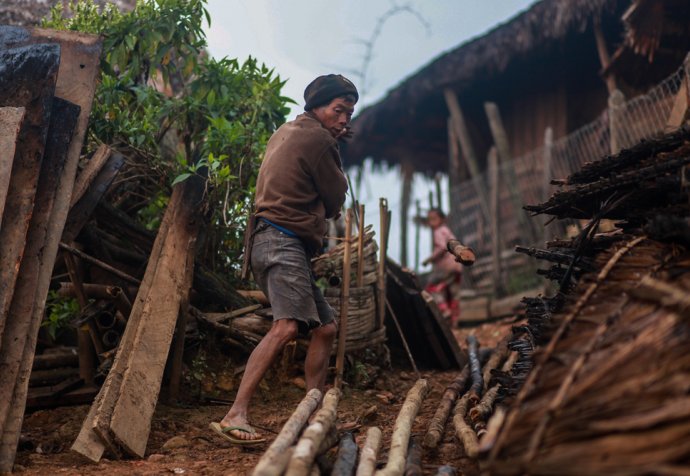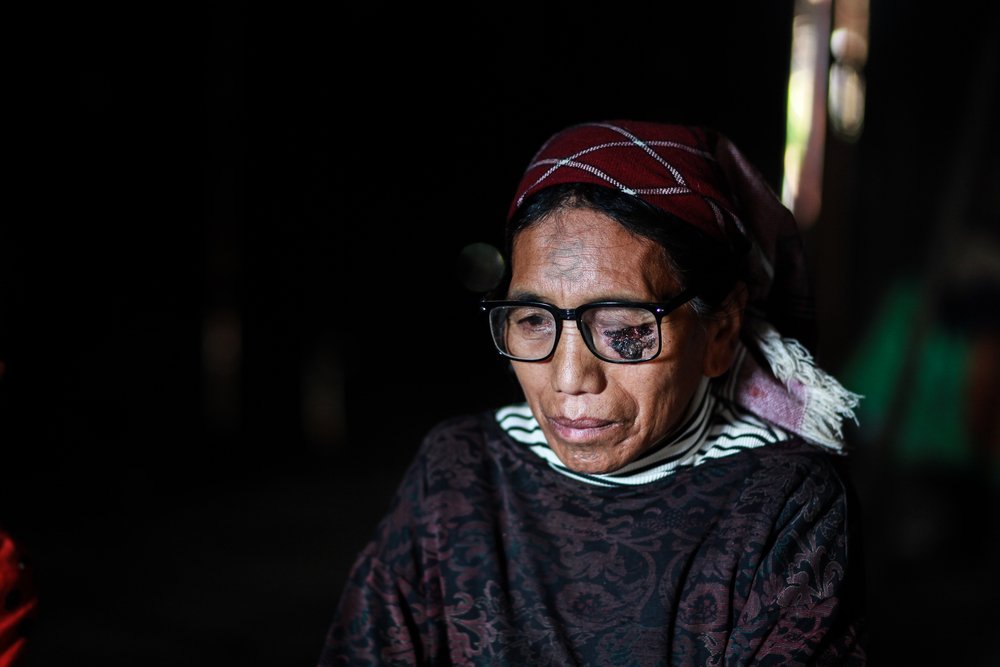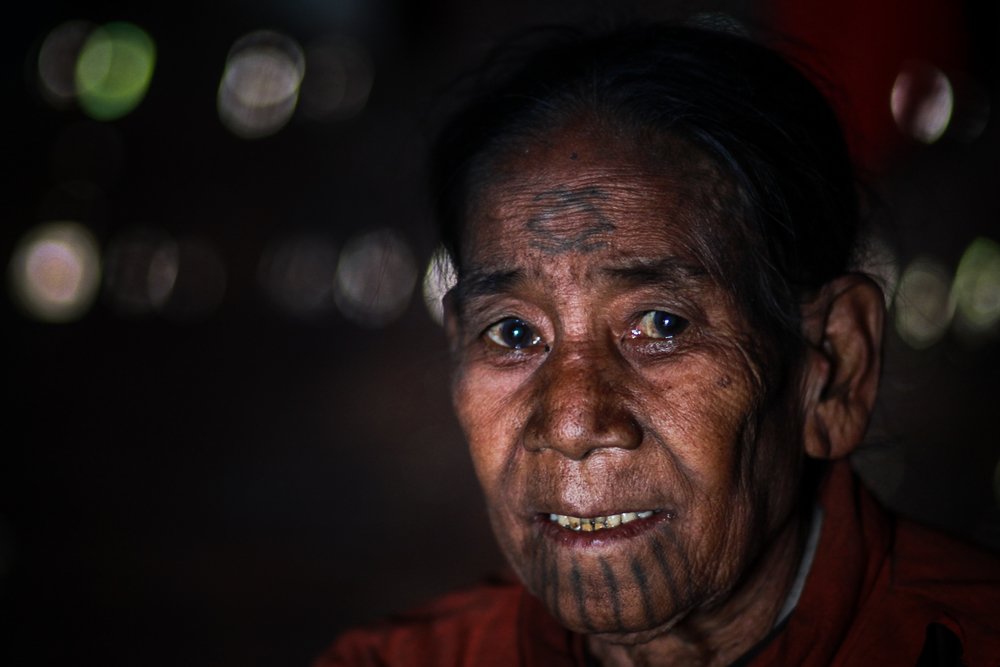Rural Communities in Myanmar
Mountainous terrain and remote villages make it difficult for people in rural communities to access basic healthcare services, even more so during the rainy season, when some of the villages can be cut off for several months.
MSF has been working in the Naga Self-Administered Zone since 2016; providing primary healthcare, hospital referrals and health education for 15 different villages in Lahe Township and supporting the Ministry of Health and Sports' (MoHS) hospital in Lahe town. MSF also assists in TB testing and in organising vaccination campaigns in the communities.
MSF's teams visit each of the 15 villages around once or twice each month. The mobile clinic team always includes a doctor and a pharmacist.The teams rely mostly on motorcycles to traverse challenging terrain, with some of the journeys lasting up to eight hours.




